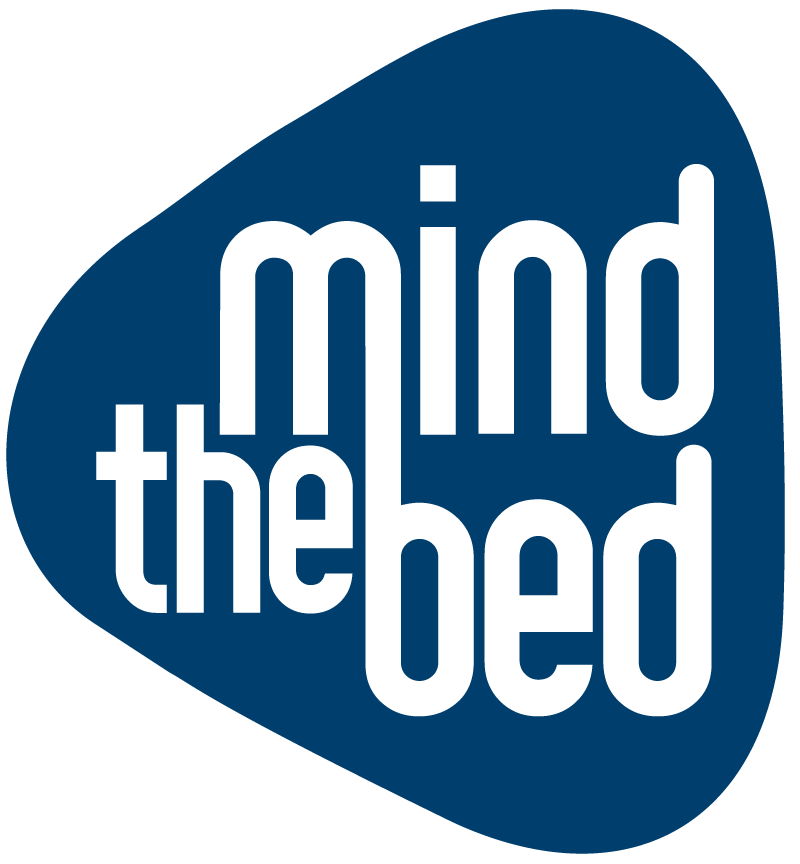Effects of the moon on your sleep: facts or fables?
How does a full moon affect your sleep?
The relationship between the full moon and sleep has received much attention over the years. Several studies seem to indicate that a full moon can have a negative impact on our sleep quality. In this article, we dive deeper into the science and myths surrounding this phenomenon, based on recent research and expert opinions. Be sure to read this interesting post by Merijn van de Laar.
What does science say about our sleep and the phases of the moon?
Research on the influence of the full moon on sleep yields varied results. A study conducted by Cajochen et al. (2013) found that people take on average five minutes longer to fall asleep, sleep 20 minutes shorter and experience 30 percent less deep sleep during a full moon.
In addition, participants reported worse sleep. Another study by Smith et al. (2014) confirmed these findings by showing that people sleep an average of 25 minutes shorter during a full moon and wake up more often during the night.
Sleeping badly in a full moon – studies Cordi and José Haba-Rubio
In contrast, an analysis of several large data sets by Cordi et al. (2014) found no significant relationship between the full moon and worse sleep. In 2015, a team led by José Haba-Rubio conducted a large-scale study of more than 2,000 participants.
They could show no remarkable correlation or effect on sleep during the different lunar phases. The effect on sleep was compared in this latest study during all moon phases: the new moon, waxing moon, full moon and waning moon.
A recent study on poor sleep during a full moon by Casiragho (2021) adds another layer of complexity. They found that subjects fell asleep later and slept shorter in the three to five days preceding the full moon, regardless of whether they lived in urban areas with high light pollution or in remote areas without electricity.
Why are there so many different hypotheses about sleeping worse during a full moon?
There are several hypotheses that attempt to explain the moon’s influence on sleep. One theory states that moonlight causes people to stay active longer in the evenings leading up to the full moon, leading to later sleep. However, this theory does not explain why people in windowless rooms also sleep worse during the full moon.
Another hypothesis is that the attraction between the moon and the earth increases as the full moon approaches, which may affect our biological processes. While this is an interesting theory, it is difficult to test this hypothesis.
Cordi et al (2014) also have a possible explanation. They suggested that previous findings may be due to the “file drawer problem,” where researchers only publish positive results and negative results remain unpublished.
Psychological influence
In addition to scientific explanations, the psychological component plays an important role. The belief that the full moon affects sleep may itself be enough to cause sleep disorders. This phenomenon is known as the nocebo effect, in which negative expectations lead to negative outcomes.

Conclusion
Although there is evidence that the full moon can affect our sleep, the exact causes and mechanisms are still unclear and certainly not conclusively proven. It is important to take these findings with a grain of salt and not place too much value on the position of the moon.
Regardless of the scientific debate, good sleep hygiene is always essential for a healthy night’s sleep. Stay calm, avoid excessive exposure to light before bed, sleep in the dark and try not to worry too much about the moon. Your sleep will thank you.
Sources:
- Cajochen et al. (2013)
- Smith et al. (2014)
- Cordi et al. (2014)
- Casiragho (2021)
- Van de Laar, M. (2022). “Does the moon affect sleep?” LinkedIn

